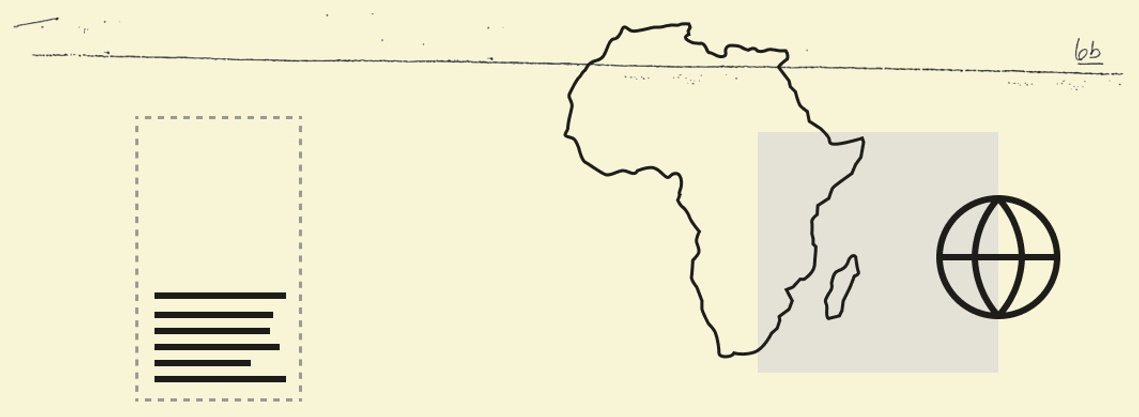 Business & Macro🇪🇹 Ethiopian Airlines said its revenue rose 8% to $7.8 billion in the financial year that ended July 7, as passenger numbers increased by 11% to 19 million. 🇰🇪 Kenya’s foreign exchange reserves fell by $509 million in the last three weeks due to external debt payments. Climate & Energy🇳🇬 🇹🇿 Nigerian oil and gas firm First E&P signed a deal with the Tanzania Petroleum Development Corporation to undertake preliminary studies in southern Tanzania’s Mnazi Bay North Block area with a view to exploring its gas reserves. 🇳🇪 The African Development Bank approved a $144 million loan for a program in Niger that aims to expand energy access to 30% of the population by 2026. Geopolitics & Policy🇸🇩 Sudan said it has “irrefutable evidence” that the United Arab Emirates financed Colombian mercenaries to join the Rapid Support Forces paramilitary group’s fight against the Sudanese military. 🇨🇲 Cameroon’s constitutional council ruled that Maurice Kamto, a former government official seen as President Paul Biya’s main electoral rival, will not be reinstated on the list of candidates for October’s election. Tech & Deals🇬🇭 Ghana said it will suspend the broadcasting license of pay-TV provider MultiChoice if the company fails to slash its DStv subscription prices by 30% before Aug. 7. 🌍 The Emerging Africa & Asia Infrastructure Fund managed by South African firm Ninety One secured a $100 million debt facility from the Australian government’s credit agency Export Finance Australia. |